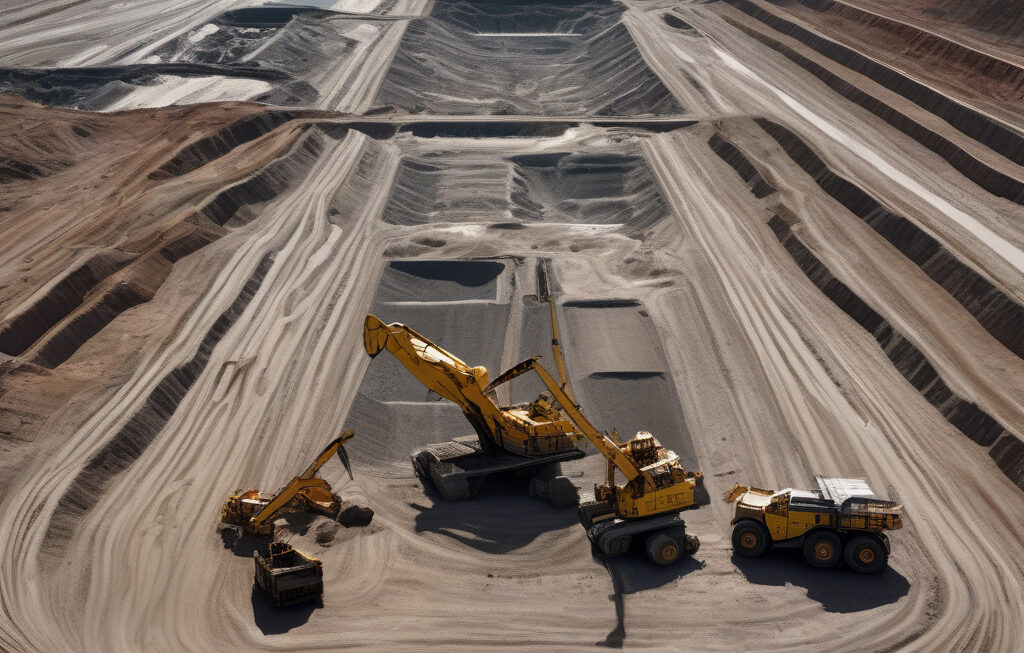Tariffs Raise Bitcoin Mining Costs in the US
The recent surge in import duties has sent shockwaves through the Bitcoin mining industry in the United States. As rising tariffs disrupt the supply chain for crucial mining rigs, companies are left grappling with tough decisions. The increased costs threaten the profitability of mining operations, forcing firms to explore alternative solutions to navigate these challenging times.
The imposition of tariffs on mining equipment has significantly impacted the economics of Bitcoin mining in the US. With a heavy reliance on imported rigs, miners are now facing inflated prices that eat into their bottom line. As a result, many are being forced to reassess their strategies to mitigate these escalating costs.
One of the primary considerations for mining companies is the potential relocation of operations. By moving their facilities to countries with more favorable tariff conditions, firms can avoid the financial burden imposed by the escalating duties. While relocation comes with its own set of challenges, such as operational disruptions and logistical complexities, it may prove to be a necessary step to ensure the long-term viability of mining operations.
Another avenue that companies are exploring is sourcing alternatives to traditional mining equipment. By seeking out domestic suppliers or exploring other types of mining rigs that are not subject to the same tariffs, companies can potentially circumvent the increased costs associated with imported equipment. While this may require adjustments to existing infrastructure and processes, it presents a viable option for companies looking to minimize the impact of tariffs on their operations.
The ripple effects of these tariffs extend beyond just the financial realm. The uncertainty introduced by the fluctuating tariff landscape adds an additional layer of complexity to an already dynamic industry. Companies must now contend with not only the volatility of the Bitcoin market but also the unpredictability of trade policies that can have a direct impact on their operational costs.
In the face of these challenges, innovation and adaptability will be key for companies in the Bitcoin mining sector to weather the storm. Whether through exploring new technologies, optimizing existing processes, or forging strategic partnerships, companies must be agile in their response to the changing economic landscape.
As the debate around tariffs and trade policies continues to evolve, the Bitcoin mining industry in the US finds itself at a crossroads. The decisions made in the coming months will shape the future of mining operations in the country and determine the ability of companies to remain competitive in a global market.
In conclusion, the impact of tariffs on Bitcoin mining costs in the US underscores the interconnected nature of global trade and the ripple effects it can have on industries far and wide. As companies navigate these uncertain waters, strategic decision-making and a willingness to adapt will be crucial in overcoming the challenges posed by rising import duties.
Bitcoin, Mining, Tariffs, US, Innovation












